(ECNS) -- A commentary published on Wednesday by the Brookings Institution pointed out that preventing U.S.-China clean tech collaboration from turning into the "next semiconductor" is vital for the fate of a planet facing increasing climate challenges.
Properly handled, the U.S.-China collaboration in clean tech could further drive carbon reduction, build trust, and put a floor under the current bilateral relationship. If framed as yet another battleground for zero-sum competition, however, mutual hostility in the form of trade restrictions and technology decoupling will disrupt global supply chains and torpedo the climate agenda worldwide, the commentary said.
The article was jointly written by Li Cheng, director of the John L. Thornton China Center and a senior fellow in the Foreign Policy program at Brookings, as well as Zhao Xiuye, director for Asia Operations at the State Legislative Leaders Foundation.
The experts noted that the concentration of clean tech manufacturing capacity in China has sounded an alarm in Western capitals about energy security.
A figure attached shows that China commands a much bigger lead in renewable energy manufacturing capacity than OPEC does in oil, where 13 separate states control roughly 40 percent of global oil production.
It is pointed out in the commentary that although the U.S. renewable energy sector is booming, the country is still not manufacturing enough equipment to meet domestic demand. America's low-carbon transformation will likely be slow and costly if decoupled from Chinese involvement, it says.
Utilizing the scale and know-how of Chinese manufacturers will be key to ramping up domestic supply in an industry in which the United States is playing catch-up in the global market, according to the commentary.
The experts also pointed out that restrictive trade policies will not help the U.S. outcompete China in renewable energy, which has thrived under anti-dumping and countervailing duties from the U.S. federal government for the past decade. On the contrary, to better compete, the United States needs to take a page from the playbook of Asian economies such as China, Japan, and South Korea, which all evolved from technological latecomers to exporting powerhouses. Encouraging foreign companies to set up assembly lines domestically, independent from geopolitical or ideological calculations, eventually helped those countries move up the value chain by cultivating vibrant and competitive domestic supply chain clusters, they believe.
From a bilateral perspective, U.S.-China collaboration on renewable energy will create positive momentum for trade negotiations, the experts say. Renewable energy products should be recognized as public goods that all responsible countries should provide, unlike technologies such as semiconductors.
The two experts suggest that decisionmakers in both countries be strategic and bold to set the boundaries of competition and leave room for collaboration to avoid harmful competition that will doom the future of the earth.
The views don't necessarily represent those of ECNS.








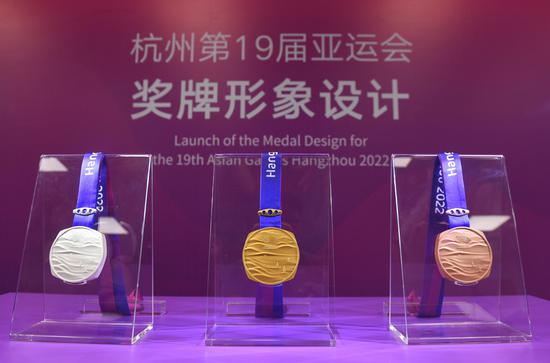



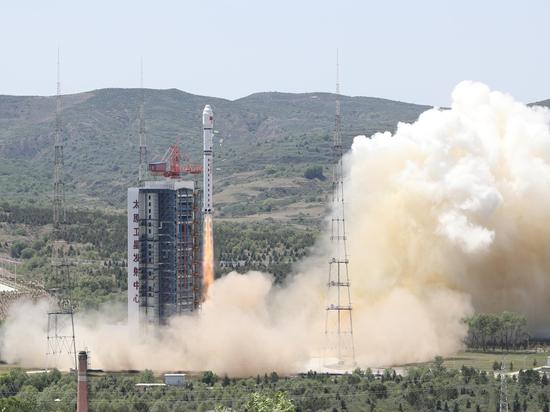


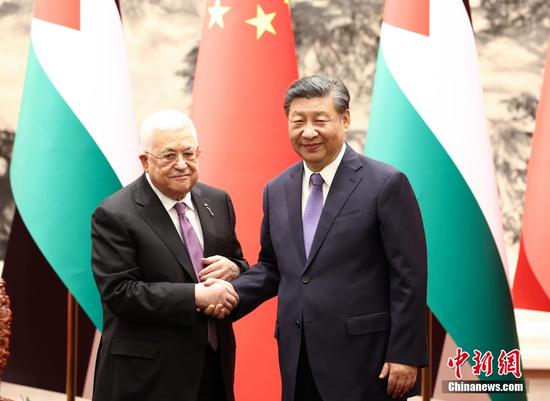
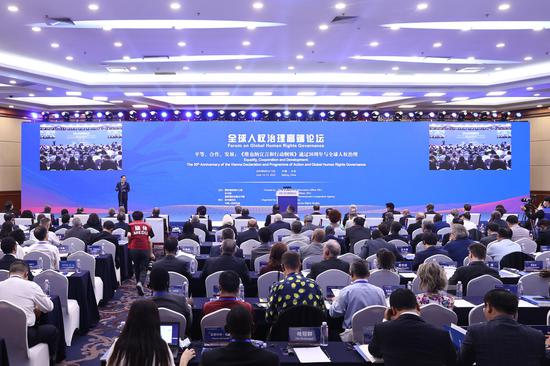

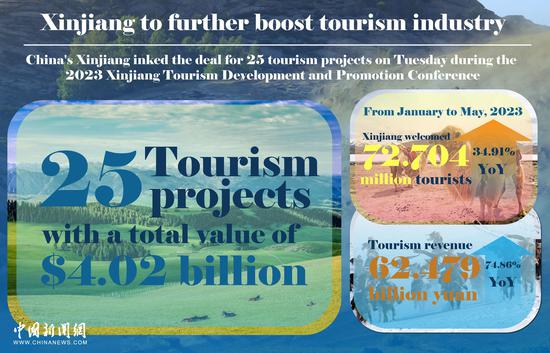



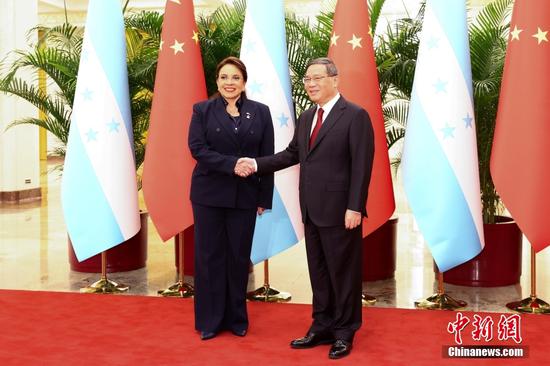


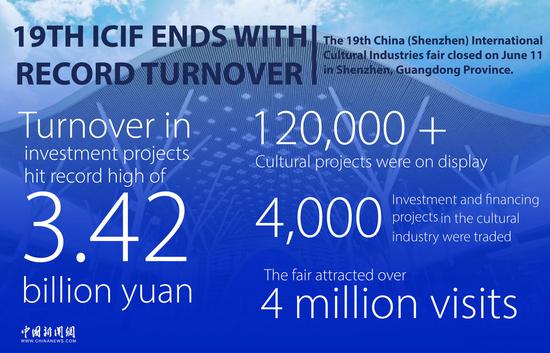

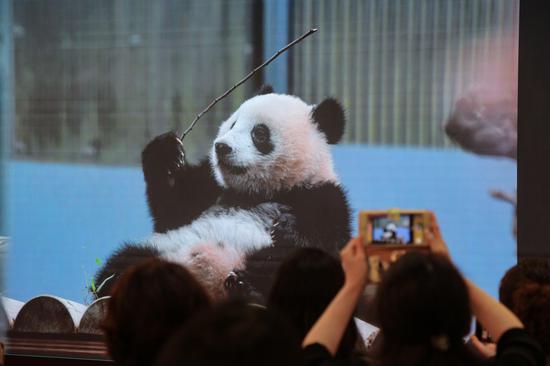








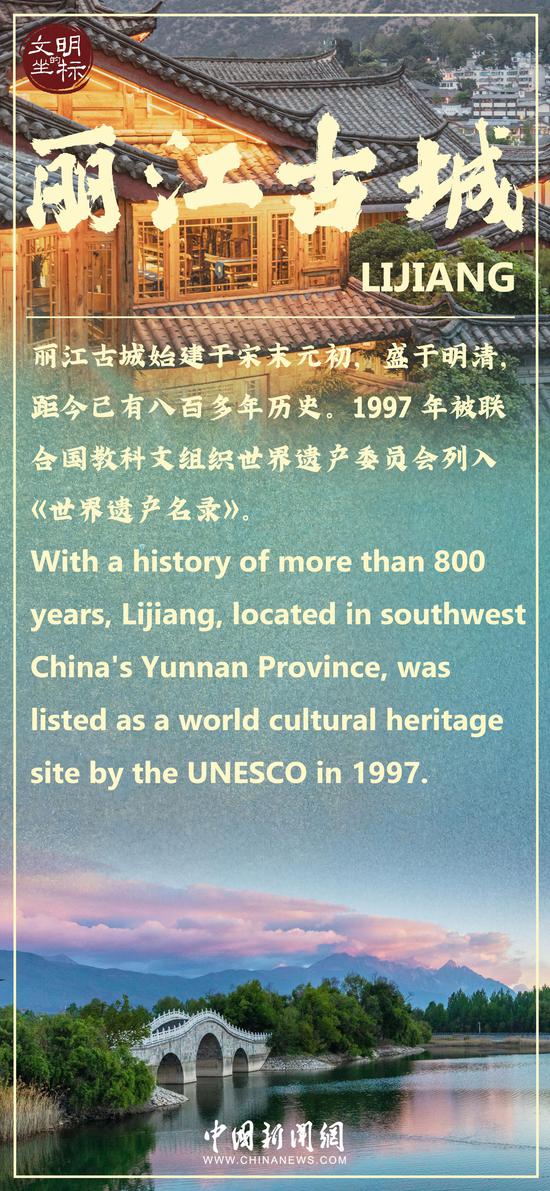





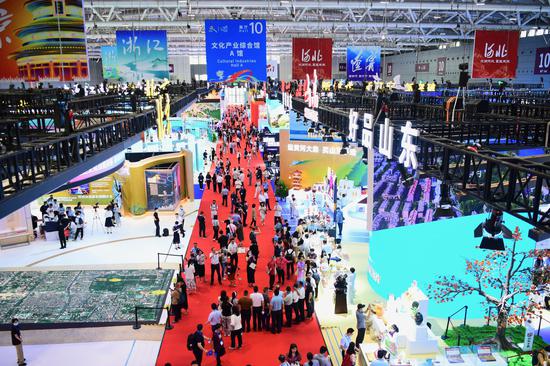







 京公网安备 11010202009201号
京公网安备 11010202009201号